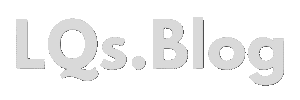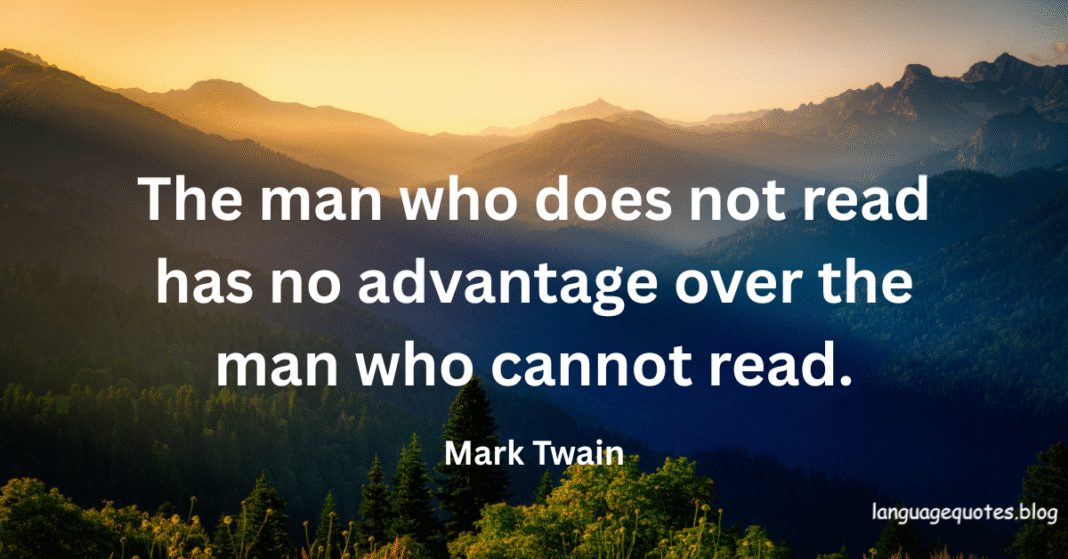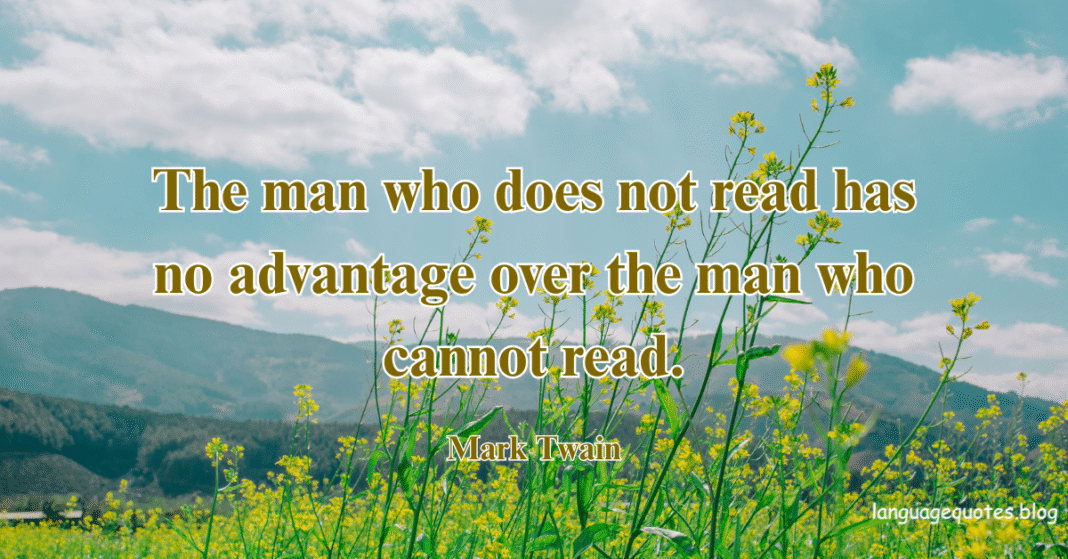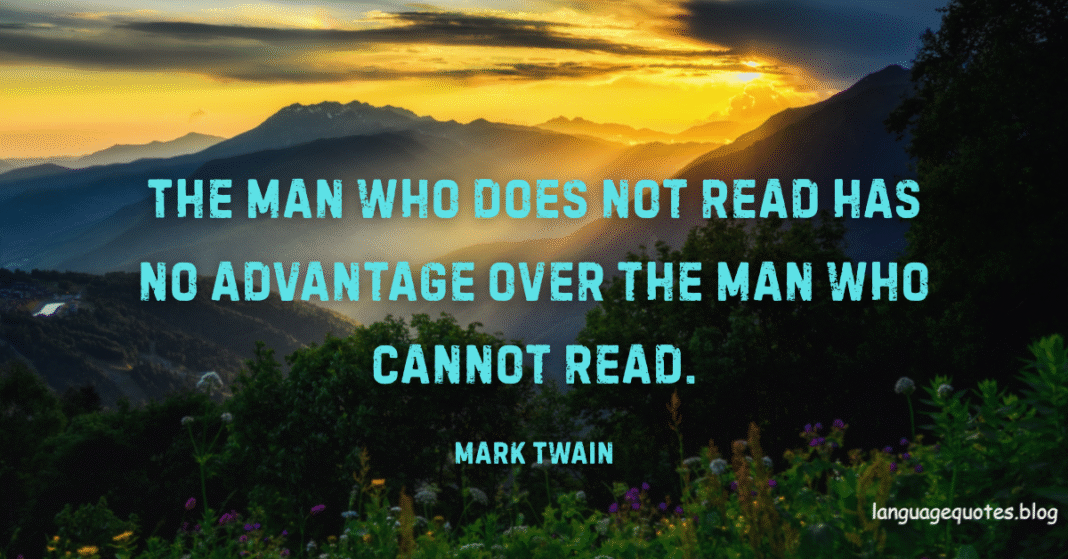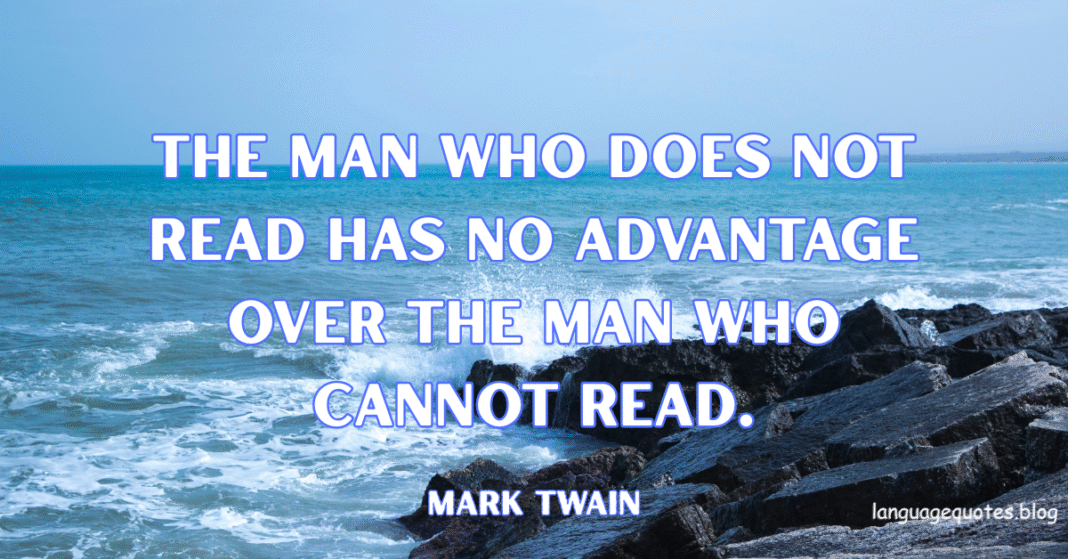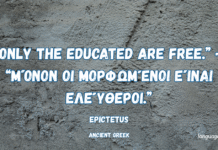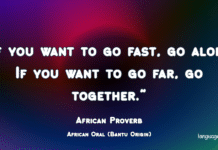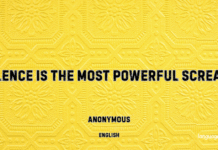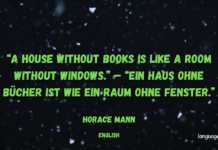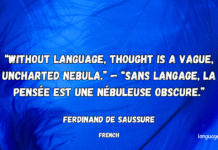“The man who does not read has no advantage over the man who cannot read.”
— Mark Twain
“A powerful reminder that having the ability to read means nothing if we don’t use it. Mark Twain brilliantly exposes the danger of choosing ignorance in a world full of knowledge.”
📚 Introduction: The Stark Truth About Reading
Mark Twain, one of America’s greatest humorists and social critics, was known not just for his wit but also for his sharp insights into human behavior. This quote pierces through the surface of literacy and lands deep into the realm of intentional ignorance. At first glance, it appears to be a simple comparison, but upon reflection, it reveals a sobering reality: the gift of literacy means nothing if left unused.
Reading is more than just decoding letters and words—it is a tool for exploration, understanding, empathy, and growth. Twain’s message reminds us that having the ability to read is not the same as choosing to read. And when we choose not to engage with the written word, we squander a powerful tool of transformation.
📖 Literacy vs. Application: A Powerful Contrast
Twain draws a clear line between ability and action. In a world that emphasizes education and literacy campaigns, his quote reminds us that true literacy goes beyond knowing how to read—it requires us to apply that ability with purpose.
A person who can read but doesn’t, is no better off than someone who never learned to. This creates a moral dilemma: is willful ignorance more tragic than involuntary ignorance? One is a result of systemic disadvantage, while the other is a byproduct of choice or laziness. Twain, through this line, questions the value of potential that goes unused.
🔍 Relevance in the Digital Age
This quote is more relevant today than ever before. We live in an age of information where access to knowledge is easier than it has ever been in human history. Thousands of books are available online for free. Articles, blogs, audiobooks, and academic resources flood the internet. Yet, many people scroll endlessly on social media while avoiding meaningful reading altogether.
The paradox of modern life is that people are constantly “reading” short texts—tweets, comments, captions—yet the kind of immersive, thoughtful, and enriching reading that builds intellect and character is fading. Twain’s quote warns us against this shallow consumption and urges a return to substantive engagement with knowledge.
🎓 Educational Systems and the Culture of Reading
Twain’s quote is also a call to action for educators, parents, and policy makers. Teaching children to read is only the first step. The real challenge lies in cultivating a love for reading. Schools often reduce reading to a mechanical skill tested on exams rather than a pleasurable or empowering activity. This leads to generations of students who may be technically literate but culturally and intellectually disengaged.
The same applies to adults. Professional lives can easily push reading aside, but continuous reading is vital for personal development, critical thinking, and mental agility. Encouraging reading clubs, workplace book discussions, or family reading time are some of the ways to counter this.
💡 Personal Growth Through Reading
Reading opens doors to perspectives we may never encounter in real life. It helps us develop empathy by letting us live multiple lives through the stories of others. It enhances vocabulary, sharpens reasoning, and improves writing. Most importantly, it gives us the tools to understand the world and ourselves.
Twain implies that by not reading, we deny ourselves access to these gifts. A mind that does not read stagnates. It begins to rely on limited information, social hearsay, or biased narratives. Reading is, therefore, not just an activity but a lifeline to intellectual and moral expansion.
🧠 Ignorance by Choice: A Dangerous Trend
When literacy is common, ignorance becomes a choice. Twain’s quote challenges people who boast about education but fail to engage in meaningful learning outside formal institutions. The idea that “once you graduate, you stop reading” is a dangerous misconception. Reading should be a lifelong habit, not a phase of school life.
In societies where reading culture is neglected, critical thinking, innovation, and tolerance suffer. Without reading, individuals become more susceptible to manipulation, disinformation, and propaganda. Twain’s observation is not just literary; it’s deeply political and social.
🧭 A Call to Action
This quote is more than a critique; it is a call to action. It tells every literate person: don’t waste your ability—use it. You have the power to grow, to empathize, to challenge your own beliefs and build better ones—all through reading.
It also serves as a reminder for institutions and communities to foster reading habits, not just teach reading skills. Libraries, book fairs, digital reading platforms, and community storytelling sessions are powerful ways to build a reading culture.
📝 Conclusion: A Mirror for the Modern Mind
Mark Twain’s quote acts as a mirror, reflecting our attitudes toward one of the greatest tools humans possess—the written word. It challenges us to assess not just whether we can read, but whether we do.
In a world overflowing with content, making the intentional choice to read wisely and regularly becomes an act of empowerment. Literacy is not merely about letters—it is about liberation. And as Twain rightly reminds us, it is a tragic waste to have that power and never use it.
